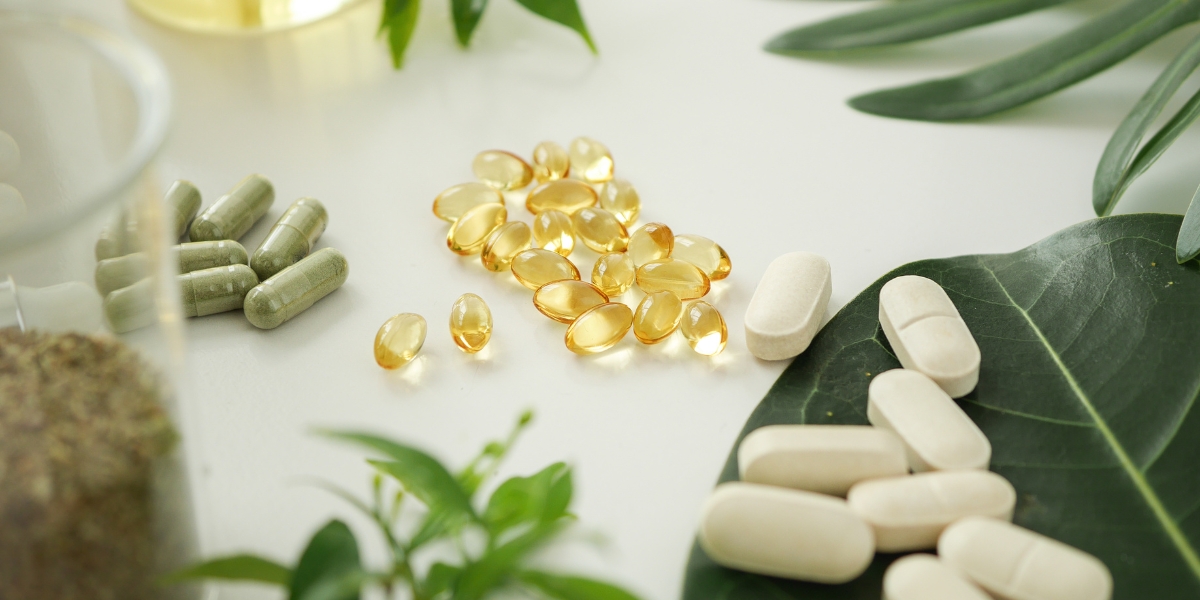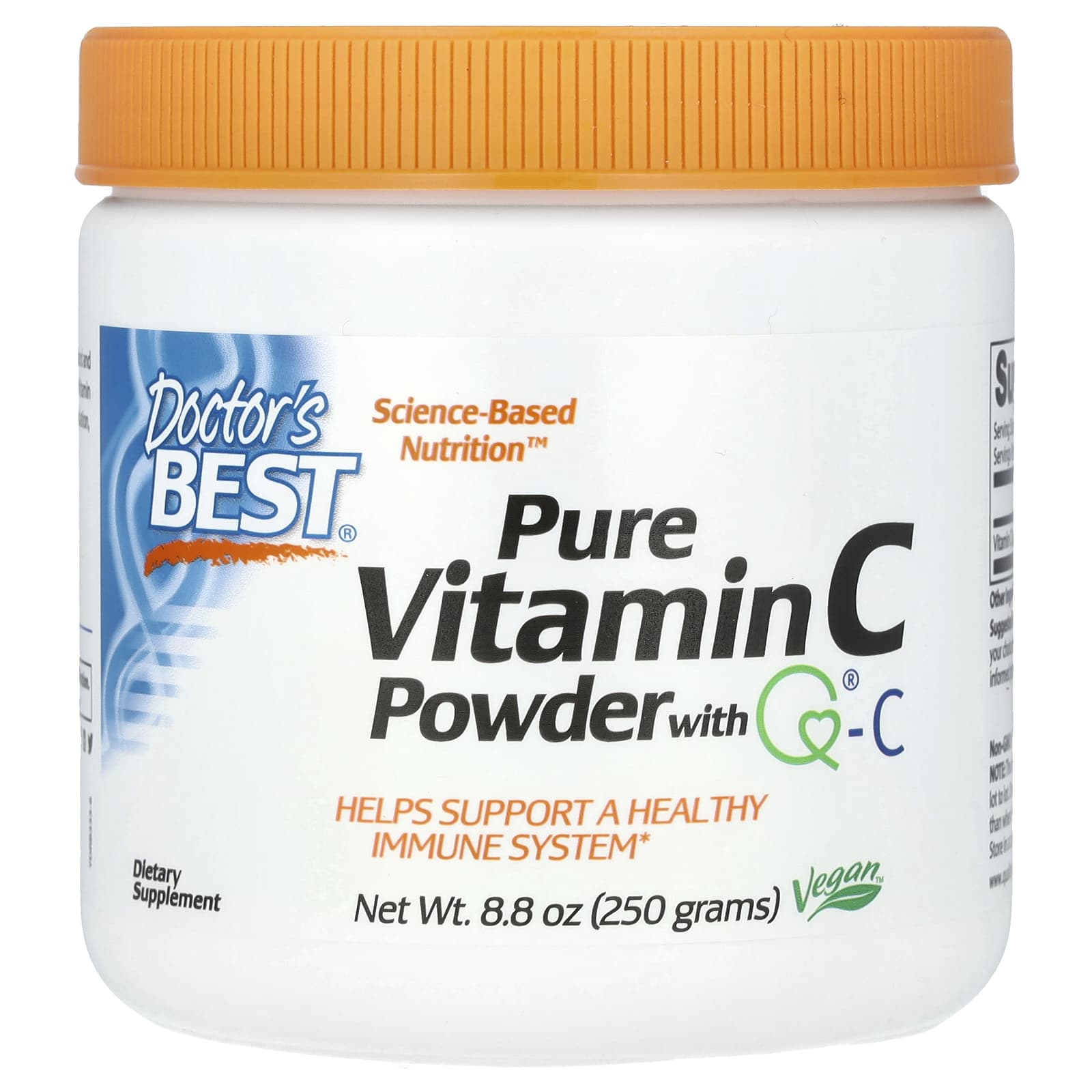This comprehensive guide will delve into the world of vitamins, offering an in-depth exploration of their various types, essential functions within the body, natural and fortified dietary sources, and the potential health consequences of vitamin deficiencies. Whether you're curious about the role of Vitamin D in bone health, the benefits of Vitamin C as an immune booster, or how B vitamins contribute to energy production and metabolism, this guide will provide you with a clear understanding of how these nutrients impact overall well-being. Additionally, we will highlight the symptoms associated with common deficiencies and provide practical tips for ensuring adequate vitamin intake through a balanced diet and supplementation when needed.
What are the Vitamins ?
Vitamins are organic compounds that come from natural foods (or are obtained through supplements) essential for your body's growth, development, and overall function, including the formation of red blood cells. Although needed in small amounts, they play critical roles in countless processes, from energy production to immune function. Without them, you would experience various health problems.
Vitamins are essential not only for maintaining general health but also for specific goals, like using vitamins for weight control. For instance, B vitamins help boost energy and metabolism, while vitamin D supports healthy bones and muscle function, which are crucial for physical activity. Additionally, vitamin C plays a role in the body's fat oxidation process, which can aid in weight management.
Type of Vitamins
The known Vitamins are Vitamins A, C, D, E, and K and the B Vitamins: B1, B2, B3, pB5, B6, B12, B7, and B9.
They can be categorized into two main groups
1. Fat soluble Vitamins
Fat-soluble Vitamins are easily stored in the body (liver and body fat). They require bile, fats and minerals in order to be absorbed into your digestive track.
Since fat-soluble Vitamins are stored in the body, they do not need to be consumed daily in your diet unless your intake is consistently below RDA levels. They include Vitamins A, D, E, and K.
2. Water-soluble Vitamins
They aren’t long-term like fat-soluble Vitamins. They don’t get stored in your body. They enter your bloodstream, and Any leftover the body doesn't need or excess amounts leave the body through the urine.
Since they don’t last long in your body, they need to be replenished frequently. They include Vitamin C and the collection of B Vitamins.
The 13 Vitamins
Here are the 13 essential Vitamins:
- Vitamin A (Retinol)
- Vitamin B Complex
- Vitamin B1 (Thiamine)
- Vitamin B2 (Riboflavin)
- Vitamin B3 (Niacin)
- Vitamin B5 (Pantothenic Acid)
- Vitamin B6 (Pyridoxine)
- Vitamin B7 (Biotin)
- Vitamin B9 (Folate/Folic Acid)
- Vitamin B12 (Cobalamin)
- Vitamin C (Ascorbic Acid)
- Vitamin D (Calciferol)
- Vitamin E (Tocopherol)
- Vitamin K (Phylloquinone/Menadione)
Vitamin A
Vitamin A (retinol, carotene) is Crucial for vision, immune function, wound healing and cell growth. Vitamin A has two primary forms, Vitamin A (retinol) and ProVitamin A (caro-tene). Most experts recommend beta carotene as the preferred form of Vitamin A in the diet.
Good sources of Vitamin A:
- Vegetables with orange or yellow pigment: carrots, sweet potatoes, squash, pumpkin.
- Dark, leafy green vegetables: spinach, broccoli and other leafy greens.
- Deep orange fruits: apricots, cantaloupes and peaches.
- Fish liver oil, liver, eggs, whole milk and dairy products.
Vitamin B1
Vitamin B1, also known as thiamine, is one of the eight B Vitamins. Vitamin B1 plays an important role in many bodily functions, including:
- Energy metabolism.
- Nervous system function.
- Heart function: It helps maintain a healthy heart.
- Muscle function: It is important for muscle function.
Good sources of Vitamin B1:
- Whole grains (brown rice, quinoa, oats).
- Beans and legumes (peas, lentils, chickpeas).
- Nuts and seeds (sunflower seeds, peanuts, almonds).
- Fish (salmon, tuna).
- Dairy products (milk, cheese, yogurt).
Vitamin B2
Vitamin B2, also known as riboflavin, is one of B Vitamins group. It plays several important roles in the body:
- Energy Production.
- Antioxidant Activity: Maintenance of Healthy Skin and Eyes
Good sources of Vitamin B1:
- Dairy products (milk, cheese, yogurt).
- Lean meats (such as chicken and turkey).
- Eggs.
- Leafy green vegetables.
- Nuts and seeds.
Vitamin B3
Niacin, also known as Vitamin B3, Involved in:
- Energy production.
- DNA repair.
- Skin health.
Good sources of niacin include:
- meat.
- fish.
- wheat flour.
- eggs.
Vitamin B5
Vitamin B5, also known as pantothenic acid, is Vitamin that plays several important roles in the body:
- Energy Production.
- Synthesis of Coenzyme A (CoA).
- Synthesis of Acetylcholine.
- Synthesis of Steroid Hormones.
Sources of Vitamin B5 include:
- Meat (especially organ meats such as liver and kidney).
- Fish.
- Eggs.
- Dairy products (milk, cheese, yogurt).
- Avocado.
- Mushrooms.
Vitamin B6
Vitamin B6, also known as pyridoxine, is one of eight B group Vitamins. one of the water-soluble Vitamin group. Here are some key points about Vitamin B6:
- Energy metabolism.
- Nervous system function.
- Hemoglobin production.
- Immune function.
Sources of Vitamin B6 include:
- Poultry, fish, and meat.
- Chickpeas, lentils, and other legumes.
- Nuts and seeds, especially sunflower seeds.
- Whole grains.
- Potatoes.
- Bananas.
Vitamin B7
Vitamin B7 (Biotin) is needed in very small amounts to help the body make fatty acids.
The bacteria that live naturally in your bowel can make biotin. It's not clear if you need any additional biotin from your diet. it Helps metabolize fats, carbohydrates, and protein.
Good sources include:
- broccoli.
- brussels sprouts.
- Cabbage, kale, spring greens and spinach
peas - chickpeas and kidney beans
- liver - but avoid this during pregnancy
- breakfast cereals fortified with folic acid
Vitamin B9
Vitamin B9, also known as folate or folic acid is a Vitamin that plays several vital roles in the body:
- DNA Synthesis and Cell Division.
- Red Blood Cell Formation.
- Methylation Reactions.
- Prevention of Neural Tube Defects.
- Cardiovascular Health.
- Brain Function.
Food Sources of B9 include:
- Leafy green vegetables (such as spinach and broccoli).
- Citrus fruits and juices.
- Avocado.
- Asparagus.
- Beets.
Vitamin B12
Vitamin B12 (Cobalamin) is involved in helping the body:
- Crucial for cell growth.
- DNA synthesis.
- red blood cell production.
Good sources include:
- meat.
- fish.
- milk.
- cheese.
- eggs.
- some fortified breakfast cereals.
Vitamin C
Vitamin C (ascorbic acid) is an essential water-soluble vitamin known for its role in promoting collagen formation, wound healing, and supporting the immune system. It also functions as a potent antioxidant, helping to protect cells from damage caused by free radicals and enhancing iron absorption from plant-based foods. Unlike Vitamin D, the body cannot produce Vitamin C, so it must be obtained through diet or supplementation.
Good sources of Vitamin C:
- Citrus fruits (oranges, lemons, limes, and grapefruits)
- Strawberries, kiwi, and papaya
- Leafy green vegetables like spinach and kale
- Red and green bell peppers
- Tomatoes and tomato juice
- Cruciferous vegetables such as broccoli, Brussels sprouts, and cauliflower
Vitamin D
Vitamin D ("Sunshine Vitamin," calciferol, viosterol, ergosterol) Supports calcium absorption, bone health, and immune function. Vitamin D is fat-soluble and can be generated in the body through sunshine on untanned skin (once a suntan is established, Vitamin D production is reduced or stopped) or through the diet.
Good sources of Vitamin D:
- Fortified milk, fish liver oils, fortified dairy products.
- Fish (Fatty fish like sardines, salmon, herring and tuna).
Vitamin E
Vitamin E (tocopherol) is a fat-soluble Vitamin and acts as an antioxidant (a molecule that protects other molecules from attack by oxygen).
Good sources of Vitamin E:
- Wheat germ, soybean oil, soybeans, vegetable oils, nuts and seeds.
- nuts, Brussel sprouts, seeds (cottonseed, corn, sunflower), whole wheat, whole-grain cereals and eggs
Vitamin K
Vitamin K (Phylloquinone) is Essential for blood clotting and bone health. Vitamin K is a fat-soluble Vitamin that makes it possible for your blood to clot.
Good sources of Vitamin K:
- Leafy green vegetables, yogurt, alfalfa, egg yolk, safflower oil, soybean oil, vegetable oils, liver oils, milk, liver, broccoli and lettuce.
Benefits of Vitamins
Most Vitamins perform functions that cannot be achieved by other nutrients, and they facilitate a multitude of the body’s mechanisms. We all know Vitamins are essential nutrients the body needs, but what do they do? Let’s take a look at their benefits according to researches:
- Boost Immunity: Several vitamins, especially vitamins C, D, and E, play vital roles in immune system function.
- Energy Production: B vitamins are essential for converting food into energy.
- Bone Health: Vitamins D and K are crucial for maintaining strong bones.
- Vision: Vitamin A is essential for healthy vision.
- Skin Health: Vitamins A, C, and E support healthy skin.
- Heart Health: B vitamins, especially folate, may help reduce the risk of heart disease.
Vitamins Deficiency
Vitamin deficiencies cause health problems which occur when your body can't get enough vitamin and your vital nutrition levels are too low. Spotting Vitamin deficiency is essential to maintaining a healthy lifestyle and normal bodily function. Not getting enough essential nutrients could cause long-term symptoms and medical issues. Symptoms can include:
- fatigue.
- skin issues.
- nerve damage.
- anemia.
- bleeding gums.
A balanced diet rich in fruits and vegetables is usually sufficient to prevent most deficiencies. Knowing what deficiencies you could be at risk of, and how to prevent them is necessary to keep your body working at its best and avoiding danger of deficiency-caused illnesses.
Side Effects
While generally safe when obtained from food, excessive intake of certain vitamins through supplements may cause adverse effects. It's essential to consult with a healthcare professional before taking any supplements. some of the side effects can include:
- Fatigue and weakness.
- Depression.
- Anemia.
- Impaired Immune Function.
- Dry skin and hair.
- Bone fractures.
Vitamin supplements
While a balanced and varied diet is the ideal way to obtain essential vitamins, supplements can play a valuable role in specific situations. They can help bridge nutritional gaps, address deficiencies, or support specific health goals.
Types of Vitamin Supplements
- Multivitamins: These provide a broad spectrum of vitamins and minerals in a single dose, offering convenience and potentially covering multiple nutritional needs.
- Single-Nutrient Supplements: These focus on delivering a specific vitamin in higher doses, often used to address diagnosed deficiencies or specific health concerns.
- Specialized Blends: These combine specific vitamins and other nutrients to target particular health goals, such as immune support, energy enhancement, or bone health.
When to Consider Vitamin Supplements
- Dietary Restrictions: Vegans, vegetarians, or individuals with food allergies or intolerances may benefit from supplements to ensure adequate intake of specific vitamins.
- Medical Conditions: Certain medical conditions or medications can interfere with vitamin absorption or increase requirements, making supplementation necessary.
- Specific Life Stages: Pregnant women, older adults, and individuals with high physical demands may have increased vitamin needs that supplements can help meet.
- Diagnosed Deficiencies: If a healthcare professional identifies a vitamin deficiency, they may recommend a targeted supplement.
Frequently Asked Questions
What are the 13 types of vitamins?
- Fat-Soluble: Vitamin A, D, E, K.
- Water-Soluble: Vitamin C, B1 (Thiamine), B2 (Riboflavin), B3 (Niacin), B5 (Pantothenic Acid), B6 (Pyridoxine), B7 (Biotin), B9 (Folate/Folic Acid), B12 (Cobalamin).
Why are vitamins important?
Vitamins are crucial for your body to function properly. They support essential processes like:
- Energy production
- Immune function
- Cell growth and repair
- Blood clotting
- Bone health
- Nervous system function
- Vision
- And much more!
Each vitamin has unique roles, and a deficiency can lead to various health problems.

































